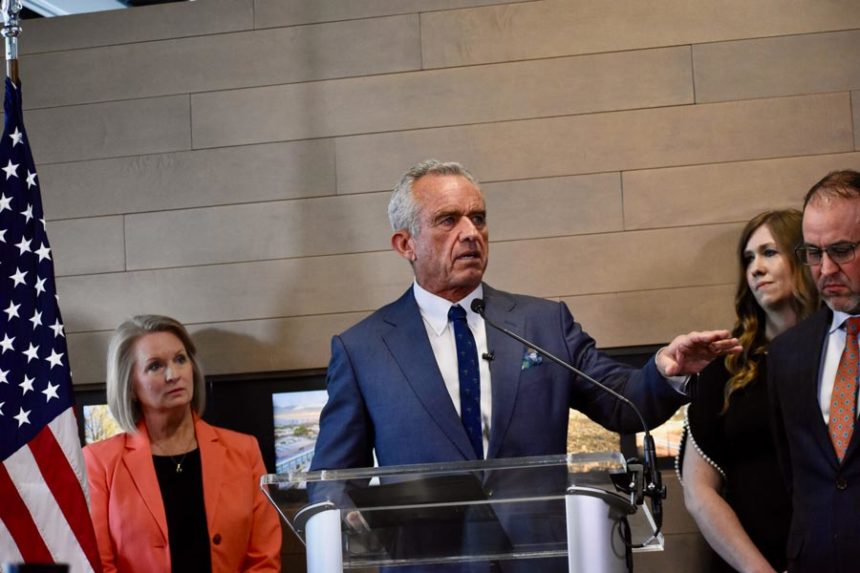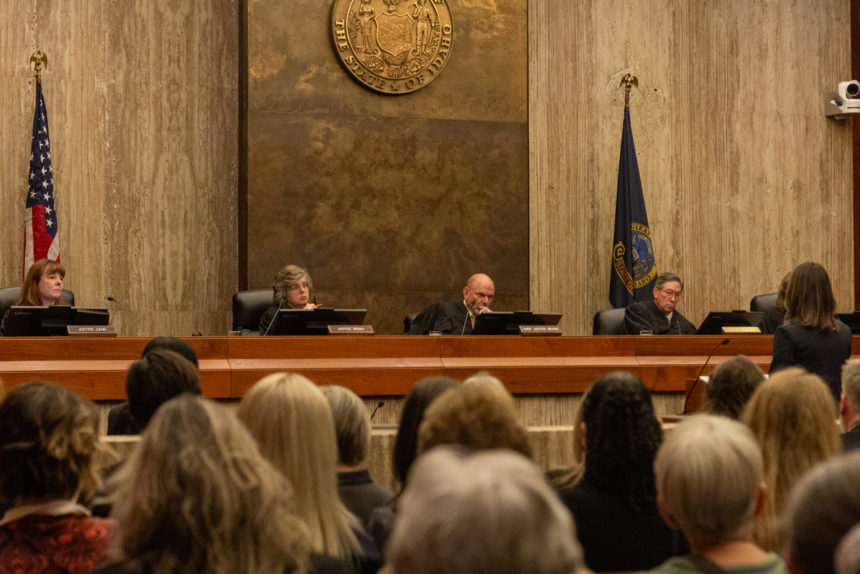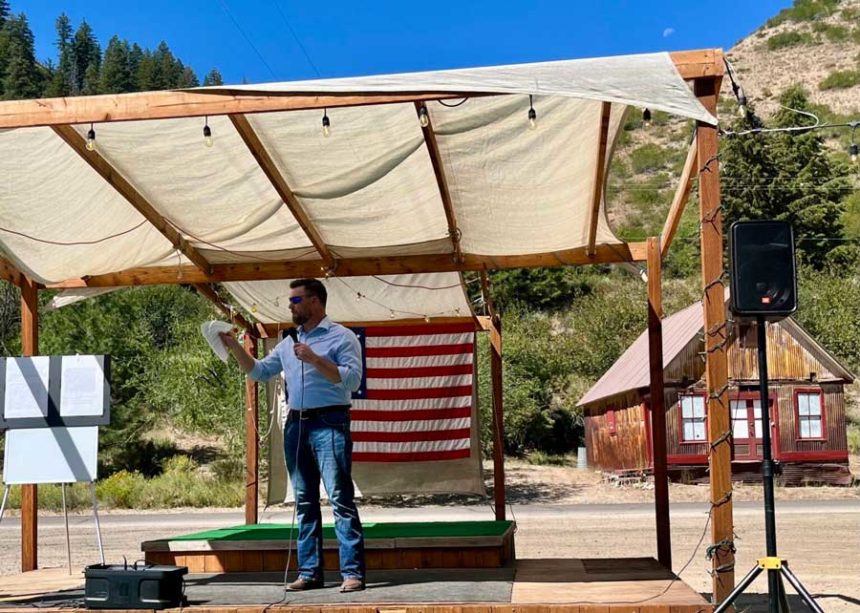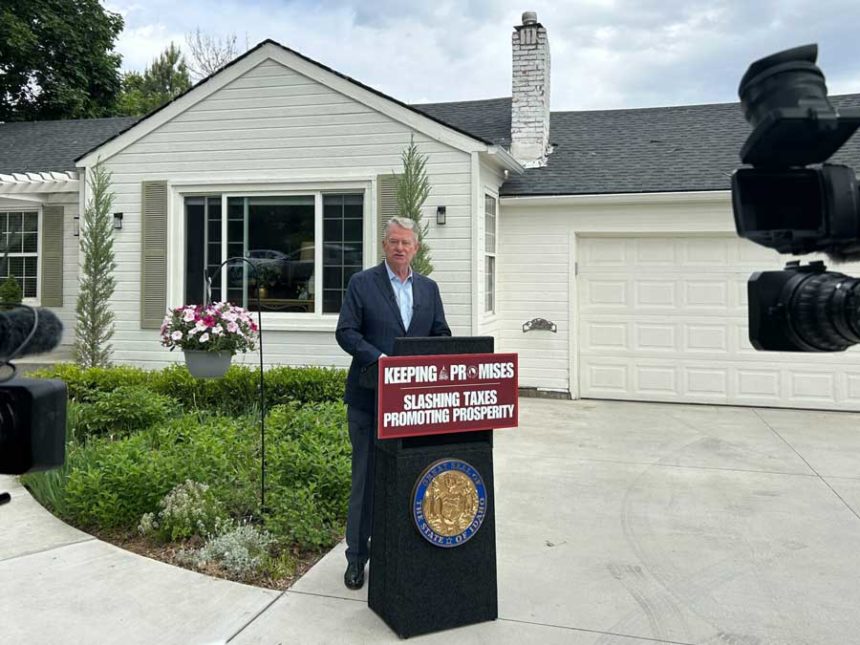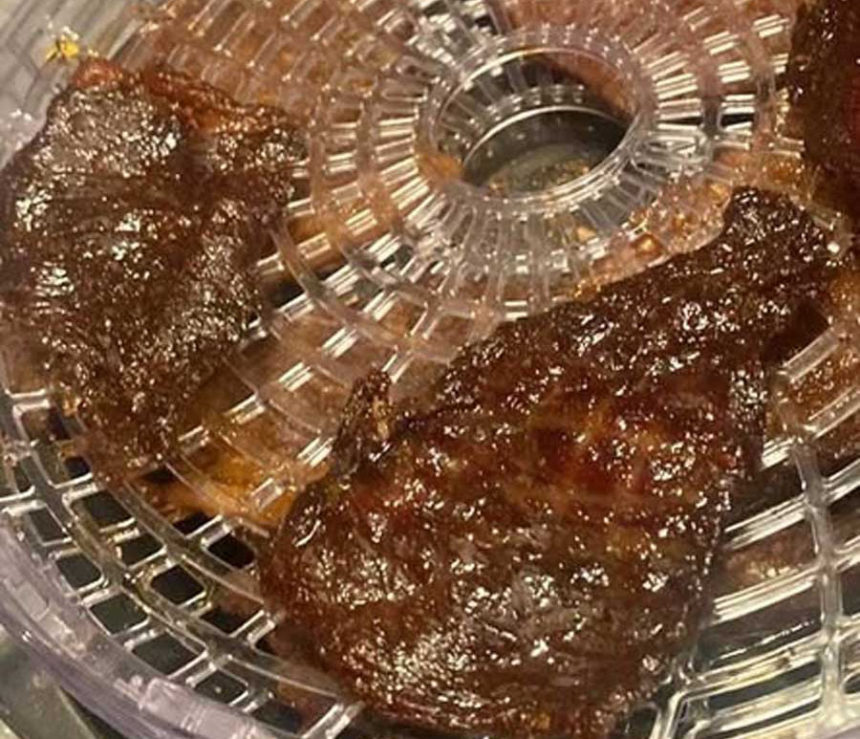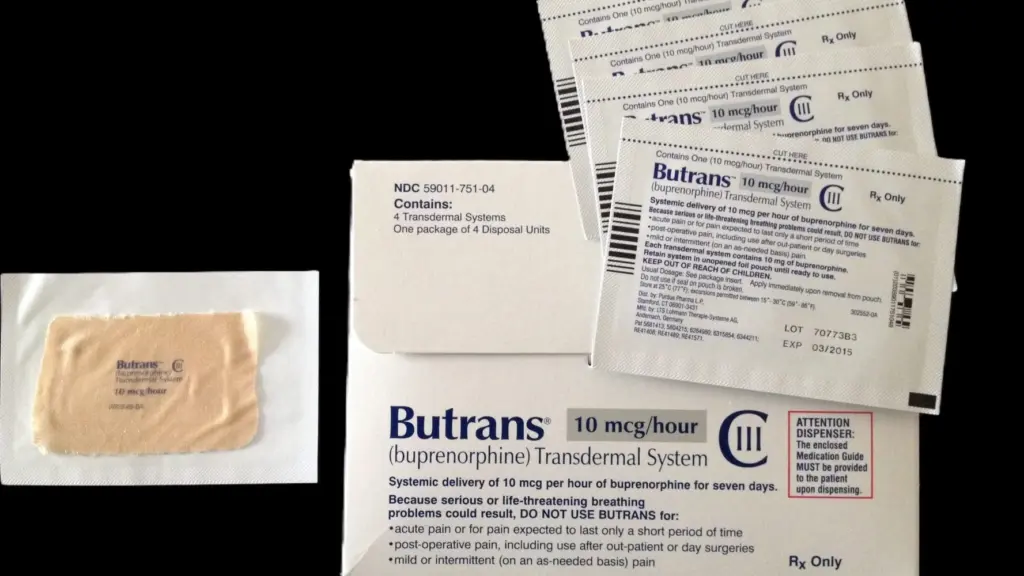SALT LAKE CITY (
Utah News Dispatch
) — U.S. Secretary of Agriculture Brooke Rollins, along with Secretary of Health and Human Services Robert F. Kennedy Jr., signed three “Make America Health Again” waivers on Tuesday, allowing three more states to enact restrictions to SNAP benefits.
The move adds Idaho, Utah and Arkansas to the list of six states that have banned certain foods from being purchased with benefits from the Supplemental Nutrition Assistance Program, which is the U.S.’s largest nutrition assistance program.
RELATED | Idaho runs SNAP efficiently, officials say. But Congress might make state pay millions more
In April, Idaho Gov. Brad Little signed into law
House Bill 109
, which required the Idaho Department of Health and Welfare to seek federal approval to exclude candy and soda from foods eligible for coverage by the federal food program. The bill, which goes into effect on July 1,
passed
the Idaho House on a 48-20 vote, after passing the Senate on a 25-10 vote with amendments.
“Idaho welcomes the MAHA movement. It is all about looking for creative ways to improve nutrition and increase exercise, the two main factors that influence overall health,” Little wrote in a prepared statement about signing the bill. “Secretary Kennedy said it so well: we need to take better care of ourselves and each other. He said it is an act of patriotism, and the future of our nation depends on it. Idaho couldn’t agree more.”
Under Idaho’s bill, soda includes nonalcoholic beverages with sweeteners, artificial or natural. But the bill doesn’t consider soda to be drinks with more than 50% juice, containing milk or milk substitutes, or that need preparation, such as powders or concentrates.
Pushback on Idaho’s bill during the legislative process largely focused on the bill’s broad candy definition, which critics say would also ban granola bars and power bars. The bill defines candy as “a preparation of sugar, honey, or other natural or artificial sweeteners combined with chocolate, fruit, nuts or other ingredients or flavorings” in several forms.
About 132,000 Idahoans are enrolled in SNAP, according to Idaho Department of Health and Welfare
figures
, receiving an average of $177 in monthly program benefits.
How other U.S. states are approaching SNAP benefits
Utah’s waiver prohibits using SNAP benefits to purchase “soft drinks,” defined as “a nonalcoholic beverage that is made with carbonated water and that is flavored and sweetened with sugar or artificial sweeteners,” according to
House Bill 403
, the bill the Utah Legislature passed directing the state’s Department of Workforce Services to request the waiver. An earlier version of the bill would have also blocked candy purchases, but Utah lawmakers narrowed its scope before approving the bill.
Utah’s SNAP restrictions, which will take effect Jan. 1, 2026, don’t go as far as other states.
Arkansas’ waiver
restricts SNAP participants from purchasing low- and no-calorie soda, fruit and vegetable drinks with less than 50% natural juice, and other “unhealthy drinks,” along with “confectionary products with flour and artificially sweetened candy, the
Arkansas Advocate
reported. Arkansas’ waiver will take effect July 1, 2026.
Rollins previously signed SNAP waivers for
Nebraska
,
Iowa, and Indiana
.
U.S. Health and Human Services Secretary Robert F. Kennedy Jr. and the ‘MAHA’ movement
The latest round of SNAP restriction approvals come amid a national movement coined “Make America Healthy Again,” or MAHA, that’s been
promoted by U.S. health Secretary Robert F. Kennedy Jr.
In April,
Kennedy stopped in Utah
as part of his “MAHA tour.” During his visit he praised Utah’s SNAP ban, along with a slate of other “MAHA bills,” which was headlined by Utah’s first-in-the-nation law to
ban cities from adding fluoride
to drinking water.
RELATED | More than 3 million people would lose SNAP benefits under GOP bill, nonpartisan report says
“Thank you to the governors of Indiana, Arkansas, Idaho, Utah, Iowa, and Nebraska for their bold leadership and unwavering commitment to Make America Healthy Again,” Kennedy said in a
news release
issued Tuesday by the U.S. Department of Agriculture. “I call on every governor in the nation to submit a SNAP waiver to eliminate sugary drinks — taxpayer dollars should never bankroll products that fuel the chronic disease epidemic.”
Rollins, in a prepared statement, said the Trump administration is “unified in improving the health of our nation.”
“America’s governors have proudly answered the call to innovate by improving nutrition programs, ensuring better choices while respecting the generosity of the American taxpayer,” Rollins said. “Each waiver submitted by the states and signed is yet another step closer to fulfilling President Trump’s promise to Make America Healthy Again.”
Critics of the SNAP restrictions, including Democrats and low-income advocates, argued states shouldn’t restrict freedom of choice and should treat Americans like adults who can practice personal responsibility.
Food industry representatives have also
expressed concerns
about unintended consequences by limiting consumer choices and creating confusion about what can or can’t be purchased in grocery stores. They also argued it isn’t likely to improve health outcomes.
But proponents from Republican-led states argued excluding “unhealthy” foods from SNAP benefits was “common sense.” The sponsor of Utah’s bill,
Rep. Kristen Chevrier
, R-Highland, called it a “no brainer” way to safeguard public health and stop “subsidizing poison for kids.”
In a
post on X
on Wednesday, Chevrier said Utah “led the charge” by seeking the SNAP waiver while also passing
HB402
, another bill that banned public schools from serving food with certain food dyes and other additives in them.
“I was honored to sponsor both bills,” she wrote. “This is the beginning of a critical and long-awaited cultural revolution.”
During debate over Utah’s bill, Rep. John Hawkins, R-Pleasant Grove, said he was initially hesitant to support the bill, saying he wasn’t a “huge proponent of the government stepping in and telling people what they can and can’t consume with their food.”
“But as I thought about it,” Hawkins said in February, “I’ve come to the conclusion that in this particular case, I think the government does have the right to say, ‘We want you to be healthy and we want to set the parameters around what you can use government subsidies for.’”
Reporting from the Idaho Capital Sun’s Kyle Pfannenstiel contributed to this story.
